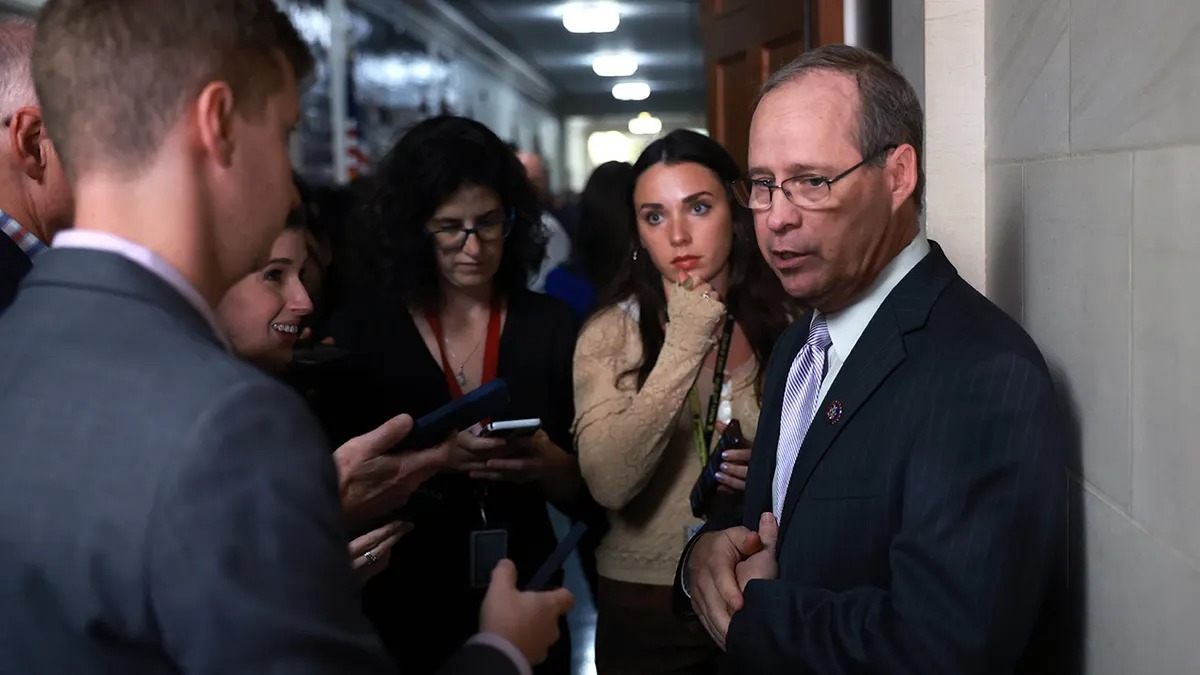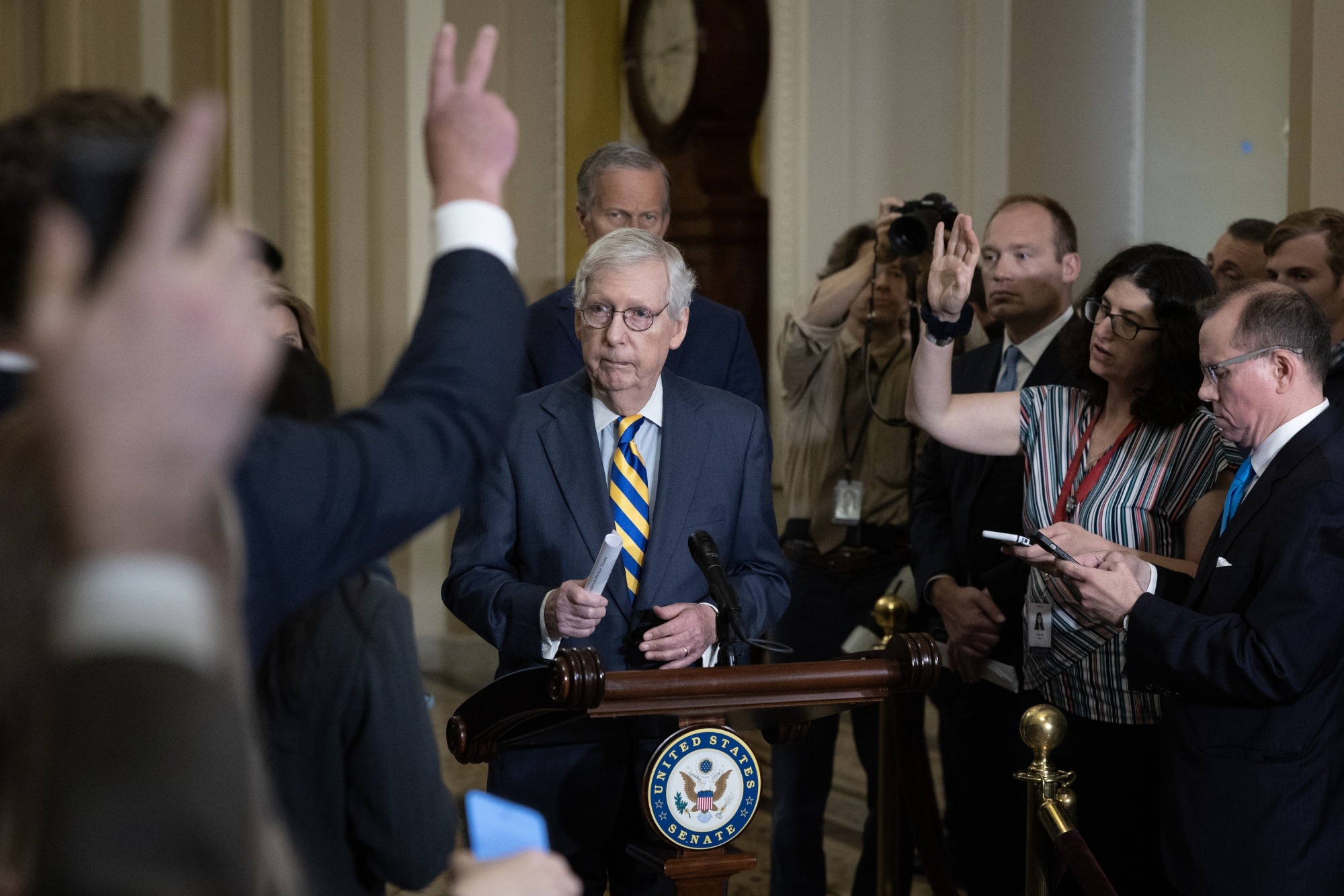Since the Republicans regained the majority of seats in the U.S. House of Representatives, the influence of conservative Republican factions, notably the Freedom Caucus, has been a recurring challenge for House Republican leadership.
This division has hindered efforts to reach a consensus on critical issues such as government spending, debt limits, aid to Ukraine, and border security.
However, the belief that the Maryland General Assembly, with its Democratic supermajority, is immune to such disruptions has been called into question by recent events in Annapolis. Despite Democratic control in both houses, deep divisions have emerged over the state budget and proposed tax increases to support it.

Members, General Assembly on Taxes and Fees (Credits: Natural Resource Governance Institute)
During the ongoing session, the state Senate efficiently passed its budget version with little discussion or opposition. Yet, tensions surfaced when the Democratic leadership in the House revealed a $1.2 billion revenue plan aimed at funding essential initiatives like public education, transportation, and climate change efforts.
This proposal, which includes expanded corporate taxes and new fees, was met with resistance from the Democratic president of the Senate, who emphasized the Senate’s reluctance to consider significant tax hikes.
While the Senate president expressed alignment with the House’s priorities, he indicated reluctance towards immediate tax increases.
The possibility of revisiting the issue in the future was not ruled out, signaling the potential for compromise but leaving the budget’s fate uncertain.

Members, General Assembly on Taxes and Fees (Credits: Fox News)
Adding complexity to the situation is Governor Wes Moore, whose stance aligns with the Senate’s cautious approach to tax hikes. Moore underscores the need to prioritize economic growth to alleviate budgetary pressures, emphasizing the importance of fostering a robust economy to expand the tax base.
Governor Moore’s leadership becomes pivotal as discussions on the budget and revenue measures unfold. Advocating for stringent tax increase criteria, outlining economic revitalization plans, and articulating a bold strategy for Maryland’s prosperity are crucial steps for navigating the budget impasse.
Governor Moore can leverage his position to promote a vision of economic growth and fiscal responsibility. By championing policies to stimulate Maryland’s economy, he can mitigate the need for future tax hikes while fostering an environment conducive to job creation and business development.
As Maryland faces critical budgetary decisions, Governor Moore’s leadership will be pivotal in steering the state toward fiscal stability and economic prosperity.
In doing so, he can heed the lessons of past electoral outcomes and chart a course that resonates with Marylanders’ aspirations for a prosperous future.
























